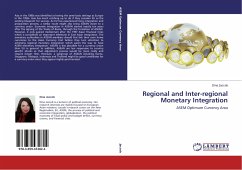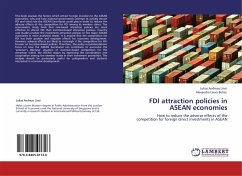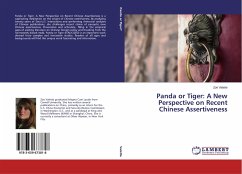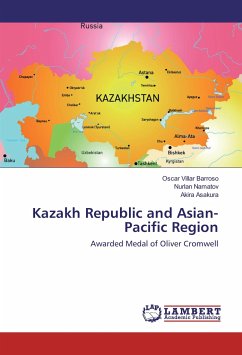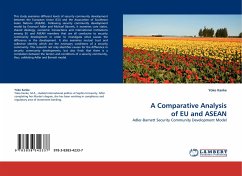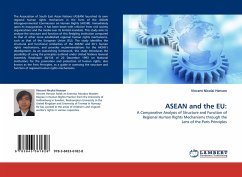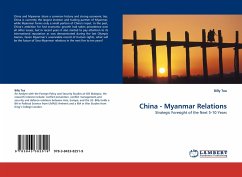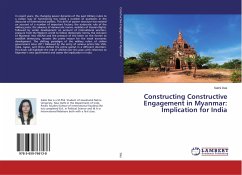Asia in the 1980s was identified as having the same basic settings as Europe in the 1950s. Asia has much catching up to do if they consider EU as the existing blueprint for success. As EU has experienced long integration and preparation process, a similar route might also bring ASEAN closer to a currency union. Economic integration in ASEAN started exactly ten years after the signing of the Treaty of Rome, through the formation of ASEAN. However, it only gained momentum after the 1997 Asian Financial Crisis which is considered an important milestone in East Asian integration. The monetary authorities in ASEAN members should first link their own home currencies to the Asian Currency Unit before they turn attention to achieving regional monetary integration which paves the way to have ASEM monetary integration. ASEAN is less plausible for a currency union than EU in general. In addition, ASEAN are less responsive to country specific shocks so that adjustment process would be more costly and require longer time. However, a subgroup of ASEAN including Korea, Singapore, Malaysia, Indonesia and Thailand might be good candidates for a currency union since they appear highly synchronized.

